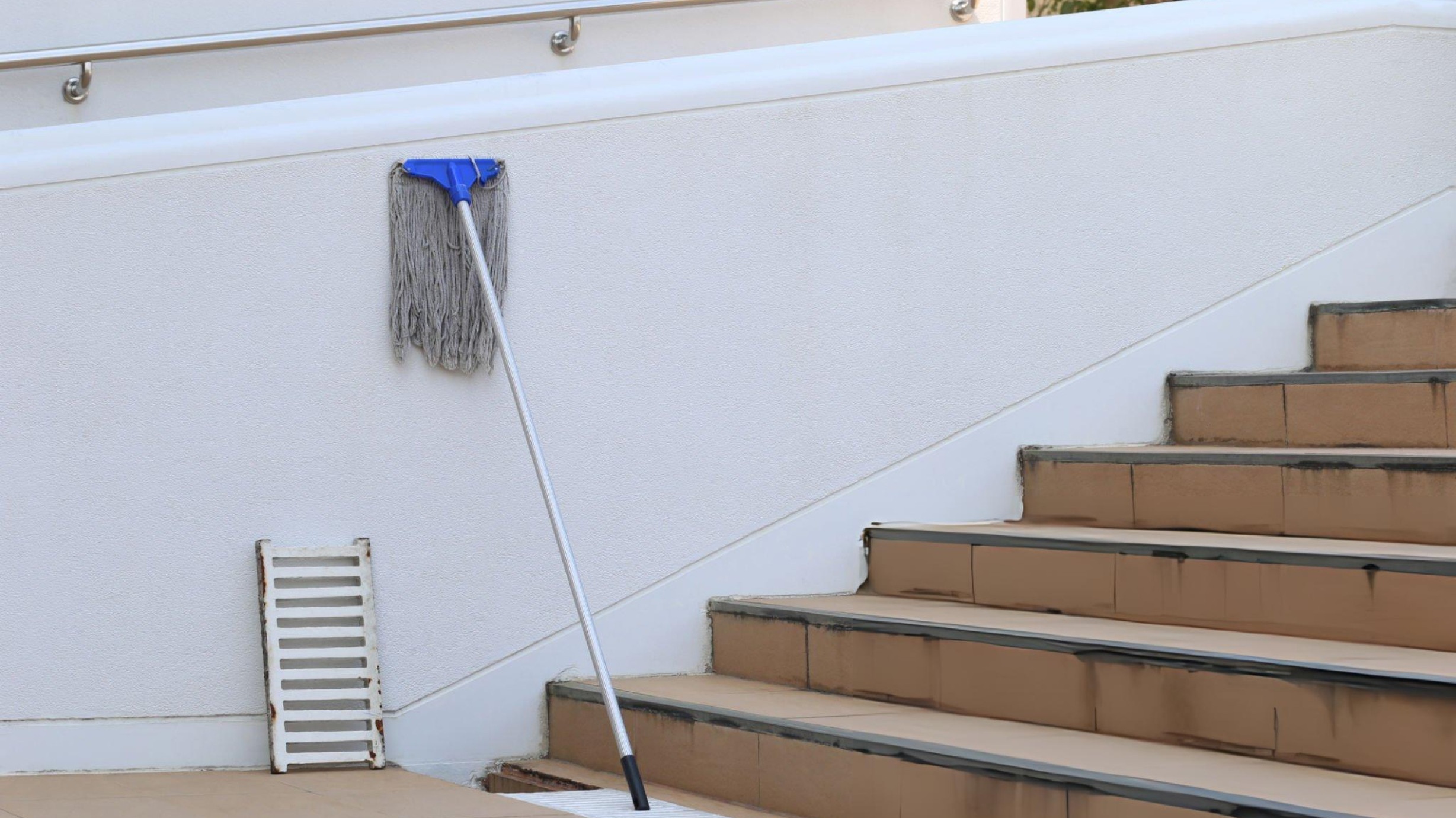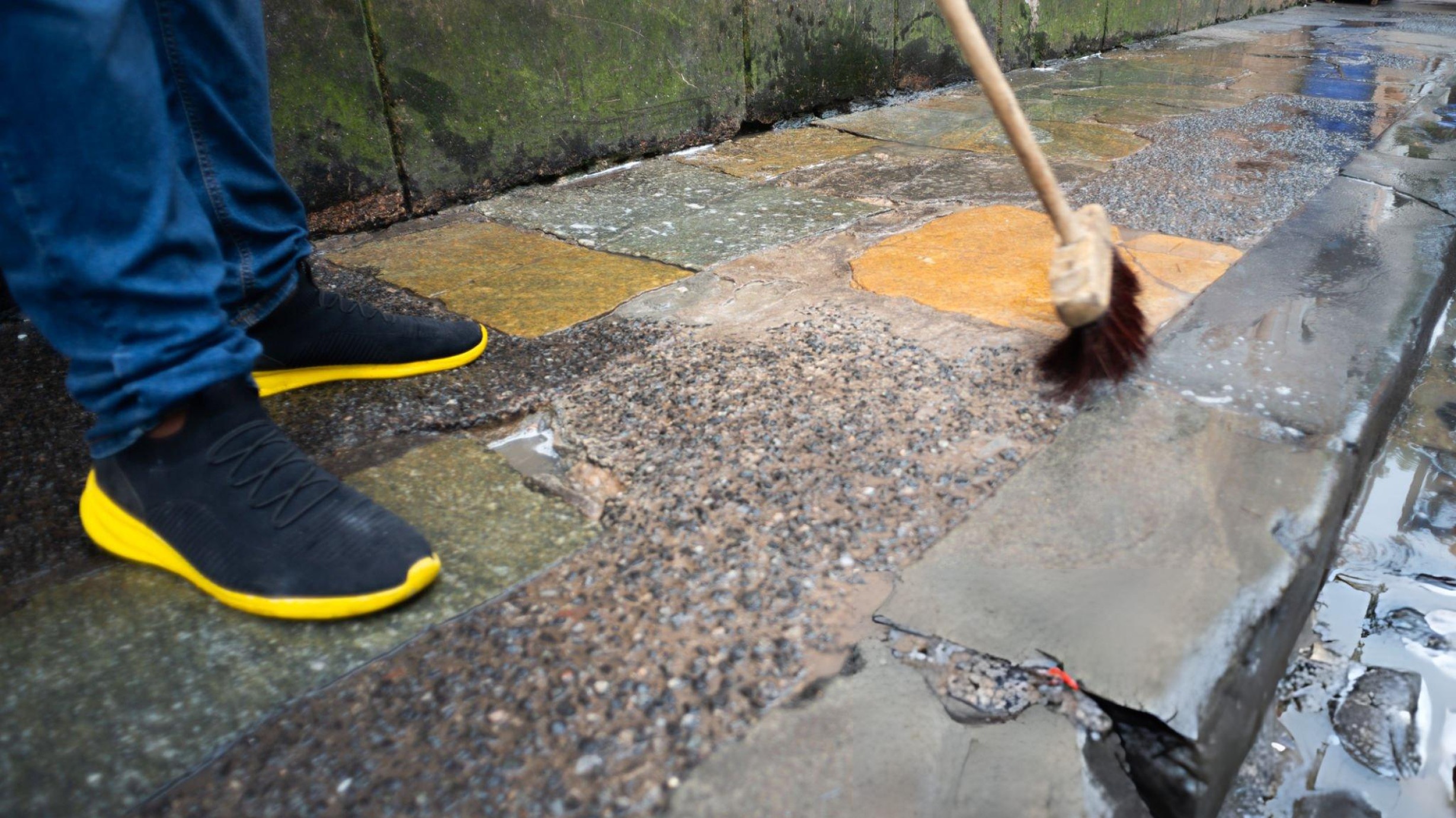Starting a business can be a lucrative and rewarding venture for many entrepreneurs, but it requires proper planning and attention to detail. One critical aspect of launching a cleaning company involves understanding the necessary licenses and permits needed to operate legally. Before offering services to customers, entrepreneurs must ensure that their business is compliant with local and state regulations.
目录
ToggleUnderstanding Licensing for Cleaning Business
Starting a cleaning business requires obtaining the appropriate licenses to operate legally. There are two primary licenses you may need: a vendor’s license and a Doing Business As (DBA) registration. Keep in mind that requirements and fees may vary based on your location, the services you offer, and government regulations.
A vendor’s license is essential because it allows you to legally conduct business in your state. This license enables you to collect sales tax, which is typically required for most service-based businesses. Make sure to secure this license before offering your services. You can usually obtain vendor’s licenses through your state’s taxation or revenue department.
The Doing Business As (DBA) registration, also known as a fictitious name registration or trade name registration, allows you to operate your business under a name other than your legal name. This can be useful for branding purposes or if you plan to use a more marketable name for your cleaning business. The process of registering a DBA varies by state, so it’s essential to research your local requirements.
In addition to licenses, you might also consider obtaining a bond for your cleaning business. A bond provides an extra layer of protection for both you and your clients in case of damages or disputes. While not a legal requirement, obtaining a bond can enhance your company’s reputation and help build trust with your clients.
Before launching your cleaning business, verify the specific requirements and fees in your area. This will ensure that your enterprise is legally compliant and prepared for success. For more information on obtaining licenses for a cleaning business, consult resources like UpCounsel and the U.S. Small Business Administration.

Specialized Cleaning Licenses
Green Cleaning Certification
A Green Cleaning Certification is an optional license that can help a cleaning business stand out. This certification demonstrates that a business uses eco-friendly cleaning products and methods. By obtaining this certification, a cleaning business can show potential clients that they are committed to protecting the environment and maintaining a healthy indoor space. There are several organizations that offer this certification, such as the International Janitorial Cleaning Services Association (IJCSA) and the Green Seal Certified program. These organizations have specific requirements and guidelines that a cleaning business must follow to obtain and maintain their green cleaning certification.
Carpet Cleaning License
For cleaning businesses that focus on carpet cleaning services, obtaining a Carpet Cleaning License could be necessary, depending on the state or local regulations. This specialized license ensures that the business has the knowledge and proper training in carpet cleaning techniques and safety procedures. Some states, such as California, require carpet cleaning businesses to obtain a special license or certification to operate legally.
In addition to the carpet cleaning license, businesses may also need to acquire a certification from the Institute of Inspection, Cleaning, and Restoration Certification (IICRC). The IICRC offers various certifications for carpet cleaning technicians, such as the Carpet Cleaning Technician (CCT) and the Commercial Carpet Maintenance Technician (CCMT) certifications. These certifications provide cleaning professionals with the necessary skills and knowledge to effectively and safely clean carpets in both residential and commercial settings.
Knowing the specific requirements and licenses for a cleaning business can help ensure that the business operates in compliance with the law and maintains a high standard of service for its clients.
Insurance Needs
When starting a cleaning business, it’s important to consider the various types of insurance coverage needed to protect your business. In this section, we’ll discuss two essential insurance types: General Liability Insurance and Workers’ Compensation Insurance.
General Liability Insurance
General Liability Insurance is crucial for cleaning businesses, as it provides coverage for potential property damage or bodily injury caused by your services. For example, if a client’s property gets damaged during the cleaning process, the insurance can cover the costs of repair or replacement. Additionally, this insurance can cover expenses if a customer is injured on-site due to your business operations.
To get the best coverage for your cleaning business, it’s important to compare the insurance options available to you. Factors such as the size of your business, the type of clients you serve, and the specific services you offer will determine the ideal insurance coverage for your needs.
Workers’ Compensation Insurance
Workers’ Compensation Insurance is another essential coverage for cleaning businesses, as it protects both you and your employees. This insurance provides coverage for medical expenses, lost wages, and rehabilitation costs if an employee gets injured on the job. It can also provide benefits to the deceased employee’s family in case of a work-related fatality.
In most states in the United States, Workers’ Compensation Insurance is a mandatory requirement for businesses with employees. However, the specific regulations and coverage levels may vary from one state to another. It’s crucial to research and abide by the regulations of your state to ensure that your business and staff are adequately protected.
Tax Registrations
When starting a cleaning business, it is crucial to handle tax registrations properly. In this section, we will explore two primary tax registrations: Federal Tax Identification and Sales Tax Permit.
Federal Tax Identification
A cleaning business must obtain a Federal Tax Identification, also known as an Employer Identification Number (EIN), from the Internal Revenue Service (IRS). This unique identifier is necessary for tax filing, employee management, and obtaining licenses and permits. To apply for an EIN, visit the IRS website and follow the provided instructions.
Here are some key points about EIN:
- Free to obtain.
- Apply online or by mail.
- Issued immediately upon application completion (when done online).
- Essential for employee payroll and tax reporting.
Sales Tax Permit
Depending on the state where the cleaning business operates, a Sales Tax Permit may be required to collect and remit sales tax to the state’s revenue department. Check with the appropriate state tax agency to verify if a Sales Tax Permit is necessary for your cleaning business.
A few pointers on acquiring a Sales Tax Permit:
- Application is usually done through the Department of Revenue website of each state.
- Fees and processing times vary by state.
- Reporting and payment frequency depend on the state’s requirements.
- The permit ensures compliance with local sales tax laws.
By addressing Federal Tax Identification and Sales Tax Permit requirements, a cleaning business can confidently establish itself with a proper tax foundation.
Professional Associations
When starting a cleaning business, it can be beneficial to join professional associations. These organizations offer various resources, networking opportunities, and support for cleaning business owners. Becoming a member of a professional association can help establish credibility, provide access to industry updates, and guide business growth.
The International Janitorial Cleaning Services Association (IJCSA) is a well-known organization that supports the cleaning industry. They provide their members with certification programs, training materials, and marketing tools. Joining the IJCSA can give a cleaning business owner the knowledge and resources needed to operate a successful company. For more information, visit the IJCSA website.
Another essential association is the Building Service Contractors Association International (BSCAI). This organization offers resources for building service contractors, including industry-specific education and certification programs. Members of BSCAI can better navigate the challenges of the commercial cleaning sector through the networking opportunities provided. To learn more about BSCAI, visit their official website.
The Association of Residential Cleaning Services International (ARCSI) is specifically designed for residential cleaning businesses. This association aims to promote high standards within the industry, providing members with business and professional development resources. To become a member, visit the ARCSI website.
In addition to these significant associations, regional and local organizations can also be beneficial. Depending on the country or state the cleaning business is operating in, there may be specific organizations tailored to support businesses in that area. Researching and joining these regional groups can help connect business owners with local resources, regulations, and market insights.
In summary, joining professional associations can be advantageous for cleaning business owners. These organizations offer valuable resources, networking opportunities, and support for business growth. By becoming a member, cleaning business owners can stay up-to-date with industry trends and access helpful tools to run a successful company.

Conclusion
Starting a cleaning business requires obtaining certain licenses and registrations. A general business license is federally required and usually handled by the state’s business licensing agency. This license allows companies to legally operate within their state.
Obtaining these licenses and registrations involves meeting certain requirements, such as submitting applications, providing proof of insurance, and paying necessary fees. While many cleaning businesses may not require special licensing or permits, it is crucial to understand and adhere to federal and state requirements.
By acquiring the necessary licenses, a cleaning business owner ensures their company’s operations are legally compliant, thus paving the way for a successful venture. Following these guidelines allows business owners to focus on building clientele, hiring staff, and growing their operations confidently.
In addition, for businesses seeking to purchase high-quality cleaning tools in bulk, consider JESUN as your supplier. We offer a wide range of wholesale cleaning products at competitive prices, including essential items such as mops, brooms, and vacuum cleaners. Our reliable inventory can help you launch and maintain a successful cleaning business. Contact us today to discuss your wholesale needs.






